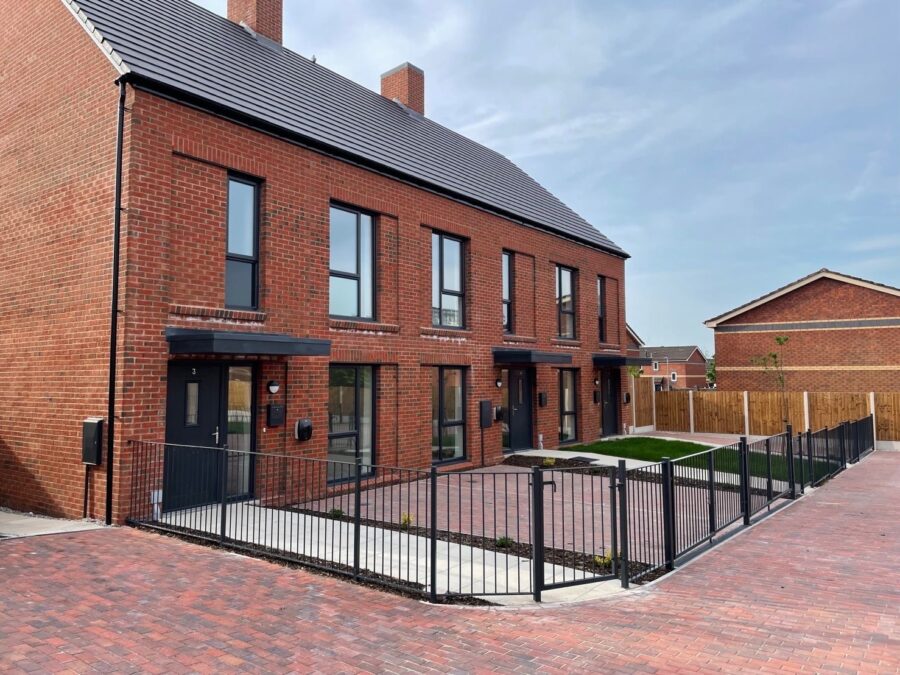Will net zero bring an end to fuel poverty?

In the wake of the Part L and F Building Regulations changes which came into effect last month, the Identity Consult team have been assessing a range of views from the sector at this year’s CIH Housing Conference in Manchester.
Key themes up for discussion included the alarming rise in energy bills and general cost of living; rapid inflation; material price increases; labour shortages and the capacity gap; along with the sustainability and decarbonisation agenda which is affecting landlords, developers and consumers across the built environment.
The conference was a great way to share views and speak to like-minded people about the importance of this issue, but the majority of the conversations came back to balancing affordability, the lack of additional funding and a scarcity of skills in the market to deliver – all of which highlighted to me how far we still have to go.
We are working on more and more projects that prioritise net zero delivery in the belief that it will move us closer to eradicating fuel poverty, so people don’t have to make the choice between heating and eating.
Our teams are being asked to review a range of options from a focus on a fabric-first approach and use of renewables, to considering ways of making sure standards such as Association for Environment Conscious Building, , Passivhaus, Future Homes and more bespoke targets are met and reflected in the contract.
What this tells us is that there is no ‘one size fits all’ model and a bespoke solution to each individual site is likely to be the status quo for some time to come. However, it also suggests that there are plenty of emerging test cases and pilots across the sector, resulting in the sharing of lessons learnt to ensure we all benefit from this deeper understanding.
On a recent project where we provided project manager and employer’s agent services to Salford City Council, we ensured the successful handover of the first 12 direct delivery affordable homes for the council since they started building homes again. The brief was to deliver a range of high-quality, sustainable and spacious, highly energy efficient and flexible homes for local people. All properties needed to be low energy and low carbon, omitting the use of gas from all properties, with the focus on insulation and air tightness which would in turn minimise energy requirements for residents.
Two of the properties in this development were accredited to Passivhaus ‘low energy’ standards with a further three to ‘classic’ standard. The new homes will be consistently monitored to review resident energy bills, carbon emissions in use and general property performance. In the meantime, the Identity Consult team in collaboration with Salford City Council, the design team and contractor are evaluating the successes and lessons learnt from this project so that they can be rolled out on future phases and shared with others.
For more information contact alex.atkinson@identityconsult.co.uk
Selected industry experts bring you insight and expert advice, across a range of sectors.
Subscribe for free to receive our fortnightly round-up of property tips and expertise
Selected industry experts bring you insight and expert advice, across a range of sectors.
Subscribe for free to receive our fortnightly round-up of property tips and expertise



